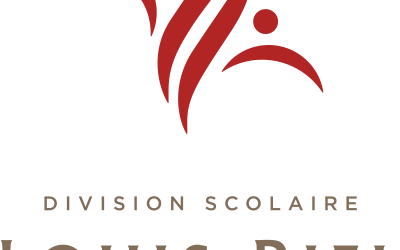Executive Summary
• Anyone who wishes to become a teacher in Canada must hold a valid teaching certificate. In order to qualify for a teaching certificate, prospective teachers must complete a Bachelor of Education (B.Ed.) degree from a recognized institution.
• Despite their position of influence, education schools have come under withering criticism from their own graduates and are generally held in low repute by other university faculties.
• Many education schools are criticized for their weak academic standards, irrelevant courses, poorly conducted research, and one-sided indoctrination. No other university department has come under this level of sustained assault from insiders and outsiders alike.
• Critics of education schools generally focus on a broad overview of the key problems. To gather their information, they normally visit many different colleges or faculties of education, sit in on different courses, and interview a large number of students and professors.
• In contrast, this report provides a comprehensive description and analysis of one graduate-level educational foundations course at a Canadian university.
• Based on the detailed notes and observations made by a graduate education student who successfully completed this course, this report gives readers a direct window into the content and context in a Canadian education course at the graduate level.
• The education foundations course described in this report confirms the serious problems other writers have identified with education schools.
• In this course, students spent more time “naval gazing” and discussing irrelevant issues than actually engaging with the hard work of studying effective ways of teaching and learning. Instead of exposing students to a wide variety of views and perspectives, the professor chose to assign one-sided video clips and articles that more closely resembled environmentalist propaganda than serious academic research.
• If anything, students who completed this course will become worse teachers if they actually incorporate the edu-babble they learned into their teaching practices.
• Universities need to review the courses offered by their education schools and ensure they meet the necessary academic standards. Courses filled with meaningless edu-babble and simplistic assignments need to be substantially revised or dropped altogether.
• Provincial governments should take a hard look at teacher certification requirements and the teacher pay scales found in collective agreements. Instead of giving automatic raises for completing a series of useless education courses, pay increases should instead be linked to performance in the classroom.
• Until education schools in Canada are forced to eliminate the edu-babble and offer academically rigorous training, they will continue to be held in low esteem by other university departments and the general public.

